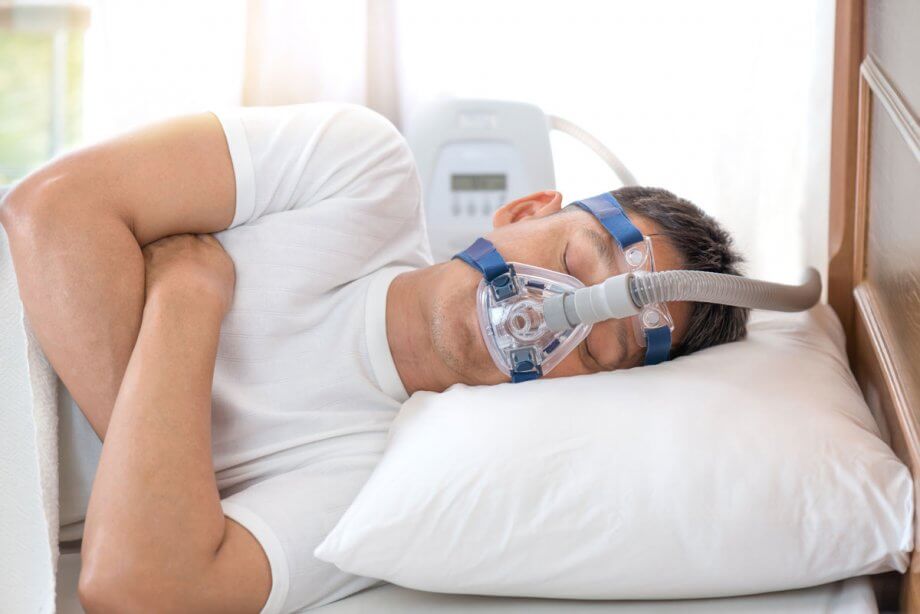Obstructive sleep apnea makes it difficult to live life to the fullest, but many patients suffer for months or even years before they receive a proper diagnosis. People with sleep apnea may have dozens or even hundreds of pauses in breathing throughout the night; these pauses jolt the body out of deep sleep, but most of the time, you’ll have no recollection of them upon waking in the morning. Getting treatment is important, but because you may not even realize you have sleep apnea, you need to know the symptoms to look for.
Symptoms of Sleep Apnea
Unless a partner complains about your snoring or observes pauses in your breathing while you sleep, you’re unlikely to notice these telltale signs of sleep apnea yourself. You may, however, notice that you occasionally wake up feeling like you’re choking or gasping for air. This happens because with sleep apnea, the soft tissues in your airway relax to the point that they block the flow of oxygen.
Other common sleep apnea symptoms include:
- Waking up with a sore throat
- Morning headaches
- A persistent feeling of sleepiness and exhaustion upon waking, even with eight or more hours of sleep
- Difficulty focusing
- Mood disorders, including depression and anxiety
- Trouble concentrating at work or in school
If you have any combination of these symptoms, we recommend a sleep study to determine if they’re being caused by obstructive sleep apnea.
Consequences of Untreated Sleep Apnea
Humans need at least eight hours of sleep every night for our health and well-being. This sleep is restorative physically and mentally, which is why when you’re sleep deprived, you are likely to be lethargic, irritable, and have difficulty concentrating. Your performance at work may decline and you’ll even be at a higher risk of a car accident with untreated sleep apnea.
Obstructive sleep apnea also has long-term health consequences. These include an increased risk of heart attack, stroke, and type 2 diabetes. Sleep apnea leads to increased blood pressure and higher levels of the stress hormone cortisol.
Best Sleep Apnea Treatment
There are a number of effective treatment options for sleep apnea. The most popular is continuous positive airway pressure (CPAP) machines, but many patients find these uncomfortable, cumbersome, and difficult to sleep with. When you seek sleep apnea treatment from a dentist, we can offer you a more comfortable option called oral appliance therapy.
Oral appliances are similar to night guards, but their purpose is to reposition your lower jaw in a way that engages the soft tissues in your airway, keeping them from relaxing and blocking the flow of oxygen. We offer the SomnoDent Herbst Advance, which is comfortable to wear, simple to keep clean, and easy to travel with. This FDA-cleared therapy is an excellent alternative to CPAP machines for patients with mild-to-moderate obstructive sleep apnea.
Learn More About Sleep Apnea
Do you think you might have obstructive sleep apnea? Have you been diagnosed already, but you’d like to find a treatment option other than CPAP therapy? Contact us today at 914-723-4707 to schedule an appointment for a consultation.


